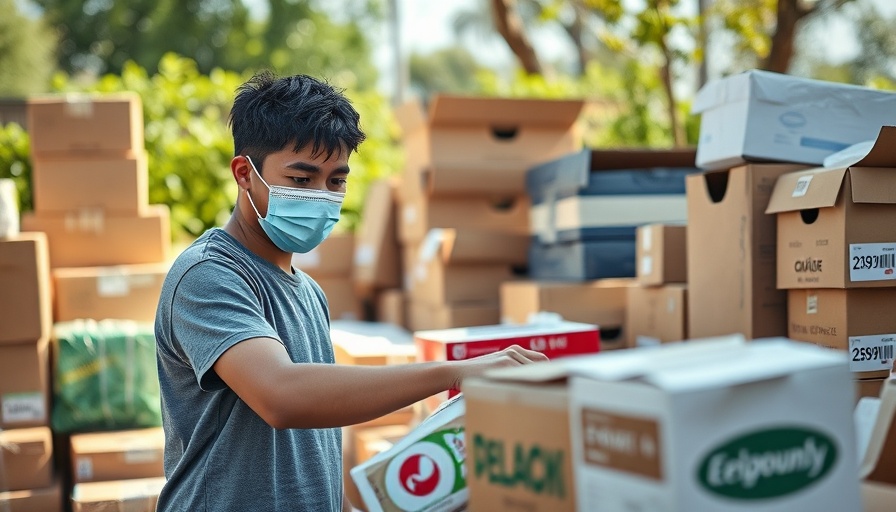
How the Wetlands & Wildlife Care Center Aids Wildlife Displaced by Wildfires
Wildfire Aftermath: Wildlife in Need
In light of the devastating Eaton Fire in Los Angeles County, local animal care centers face an enormous challenge. More than 13,000 acres have been consumed, with thousands of homes and businesses destroyed, and tragically, lives lost. Amidst this chaos, animals, particularly wildlife, are bearing the brunt of the destruction. Fortunately, places like the Wetlands & Wildlife Care Center in Huntington Beach are stepping up to offer much-needed help. With facilities overwhelmed in the fire-struck areas, the center receives displaced wildlife, offering urgent care to those in distress.
Collaborative Effort to Save Wildlife
Debbie McGuire, the Executive Director at the Wetlands & Wildlife Care Center, highlights the immense task at hand. "Tragically, many wildlife are impacted by wildfires and lose their lives," she notes, underscoring the urgency of their work. The care center collaborates with several wildlife rehabilitation experts, including Pasadena Humane, which leads triage efforts for animals fleeing the blaze. This teamwork is essential for tackling the massive numbers of wildlife needing care due to the wildfires. The first animal transports have already begun, bringing peafowls and opossums, although heart-wrenchingly, a baby raccoon didn't survive the journey.
Unique Treatment Challenges
The Wetlands & Wildlife Care Center emphasizes the importance of specific treatment plans for the various species impacted by the wildfires in California. Professionals from Pasadena Humane, along with the wildlife team at Huntington Beach, are dedicated to treating these animals with tailored care strategies. Each species, with its unique needs, requires individualized care plans that focus on effective wound and pain management. This meticulous approach ensures that injured animals receive the best possible chance for recovery.
Community Support: A Call to Action
As the teams continue to provide around-the-clock care, they appeal to the community for support, requesting essential items like managing supplies, antibiotics, and wound treatment materials. Such contributions are critical, highlighting how community involvement can greatly enhance their efforts. Support for organizations like Pasadena Humane and the Huntington Beach-based Wetlands & Wildlife Care Center is vital for continuing this lifesaving work.
Relevance to Current Events
The ongoing wildfires have created an urgent situation for both human and wildlife residents, underscoring the disruptive impact of natural disasters on communities. As climate change continues to heighten the frequency and severity of wildfires, understanding and addressing the needs of affected wildlife remains crucial.
Future Outlook: Preparing for Challenges Ahead
Looking ahead, the necessity of preparing for such environmental disasters cannot be overstated. With climate patterns predicting more intense fire seasons, wildlife care centers expect to face increased demands for their services. Strategic community support and resource planning will be key in ensuring these facilities can meet future challenges effectively.
 Add Row
Add Row  Add
Add 




Write A Comment